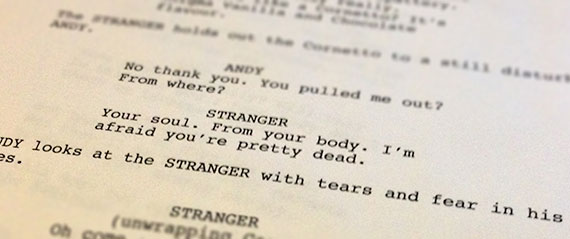
Let me start by saying that in full disclosure — for over twenty-five years I have worked as a script consultant — first for studios and then as chairperson of my company Su-City Pictures East, LLC. I am often asked, and again recently asked (which inspired this article), why writers should hire a script consultant and what to ask when looking for one.
When working on a screenplay for weeks, months, and possibly years, many screenwriters become so close to their projects that they lose objectivity and are unable to see problems in their work. This is often the time a screenwriter might consider hiring a script consultant.
Submitting a script before it’s really ready to be considered jeopardizes your chances. Screenwriters generally have only one shot when submitting a script to a company and/or agent—once the script is rejected it’s nearly impossible to have the same script considered by the same company or agent even if you’ve done a brilliant rewrite. Film industry folks are inundated with material and the competition is fierce, so submit only your absolute best work.
Top Tips
- Find out what projects the consultant has worked on, his/her professional background and accomplishments, and clients’ successes. Ask for references.
- Choose someone with extensive industry experience and a solid track record.
- You must feel comfortable, and you and the consultant should be a good match for you and your project. Trust your instincts.
- A good consultant will offer objective feedback letting you know what the industry expects of your script and to what degree your script meets these expectations.
- The consultant should provide a safe, non-threatening environment yet be honest, telling the screenwriter not just what he or she wants to hear but what he or she needs to hear.
- The consultant should provide the necessary feedback and tools to make sure the script is ready to be submitted for consideration.
- The consultant must have good communication skills and good attitude.
- The consultant needs to listen and address the writers’ concerns and questions.
- Many screenwriters receiving feedback feel very vulnerable and sensitive, so a good consultant should be mindful of this and of course, show respect for their clients’ work.
To read more:
